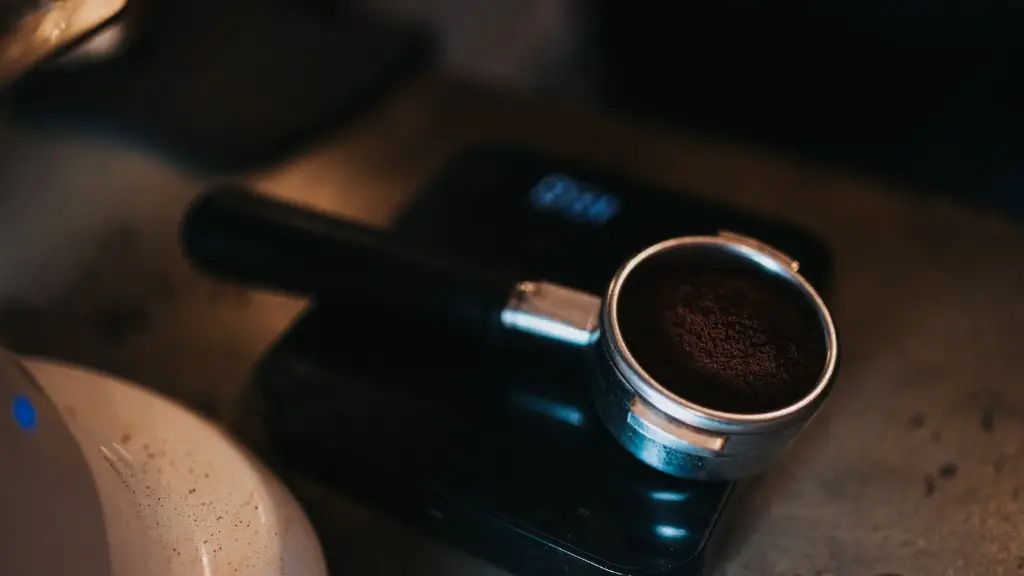Positive Impact Of Caffeine
Coffee, like most caffeinated drinks, comes with an array of potential health benefits. Studies have found that drinking coffee can help reduce inflammation, improve concentration and alertness, and even reduce the risks of certain cancers. It is also believed to have a positive effect on the absorption rate of antibiotics, as caffeine has been found to boost the effectiveness of some medicines.
Interactions With Antibiotics
Despite the potential benefits, coffee can also interact with some types of antibiotics which could potentially reduce their effectiveness. The most important factor is to pay attention to the type of antibiotics you are taking. For example, some antibiotics like ciprofloxacin have been found to interact with certain compounds in coffee, so it’s best to avoid consuming the drink when taking these types of medicines.
Medical Opinion
At present, there is no universal agreement among medical professionals as to whether coffee is safe to drink with antibiotics. Most experts agree that it’s best to consult a doctor before drinking coffee with any type of medication, as it is impossible to predict how the combination of the two might affect your health.
What Else To Consider
When making the decision to combine coffee and antibiotics, there are a number of factors to consider. Firstly, it’s important to be aware of any potential side effects that could occur when combining the substances. Many antibiotics can cause drowsiness and interact with caffeine, so it is important to be aware of these effects before drinking coffee.
It is also important to ensure that you are taking the correct dosage of the antibiotic and not adding too much caffeine to your diet. Too much caffeine can lead to symptoms of insomnia, restlessness, and anxiety, which can be dangerous when combined with certain medications.
Benefits of Avoidance
It is also worth considering the potential benefits of avoiding coffee while taking antibiotics. By avoiding coffee, you can reduce the risk of any potential interactions and help to boost the effectiveness of the antibiotics. Coffee can also be dehydrating, which can reduce the effectiveness of some medications and make it harder for them to be absorbed by the body.
Alternative Drinks
If you are looking for an alternative to coffee while taking antibiotics, there are a number of options. Herbal teas can be a great choice, as they are naturally caffeine-free and some even have medicinal properties which can help boost the effectiveness of certain medications.
If you’re looking for something a little more exciting than tea, drinks like kombucha, coconut water and smoothies can all be a great alternative to coffee. All of these drinks are naturally caffeine-free, so you don’t need to worry about any potential interactions with medications.
Consuming Coffee Responsibly
At the end of the day, the decision to consume coffee while taking antibiotics is ultimately up to you. If you do decide to combine the two, it is important to be aware of any potential risks and take the necessary precautions. This can mean avoiding certain types of antibiotics, drinking in moderation, and being aware of the potential side effects.

